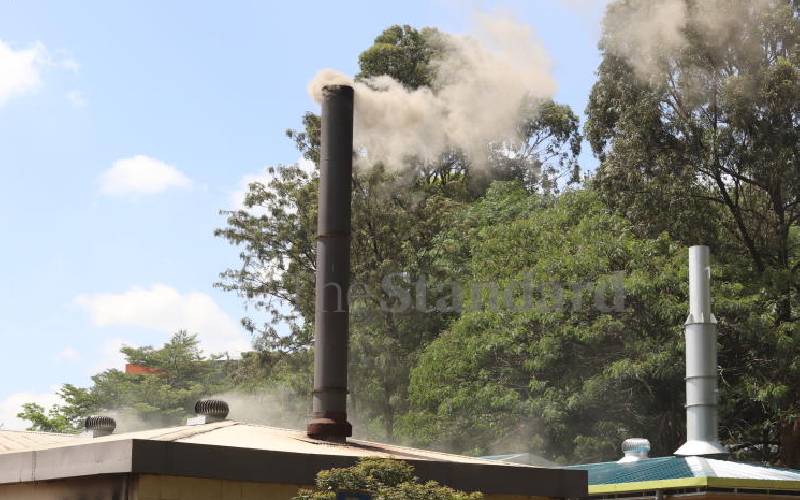×
The Standard e-Paper
Join Thousands Daily

Smoke billows from a chimney at Kariokor Crematorium, January 2, 2022. [Denish Ochieng, Standard]
Kenyans have expressed diverse opinions over whether they would prefer cremation over traditional burial.